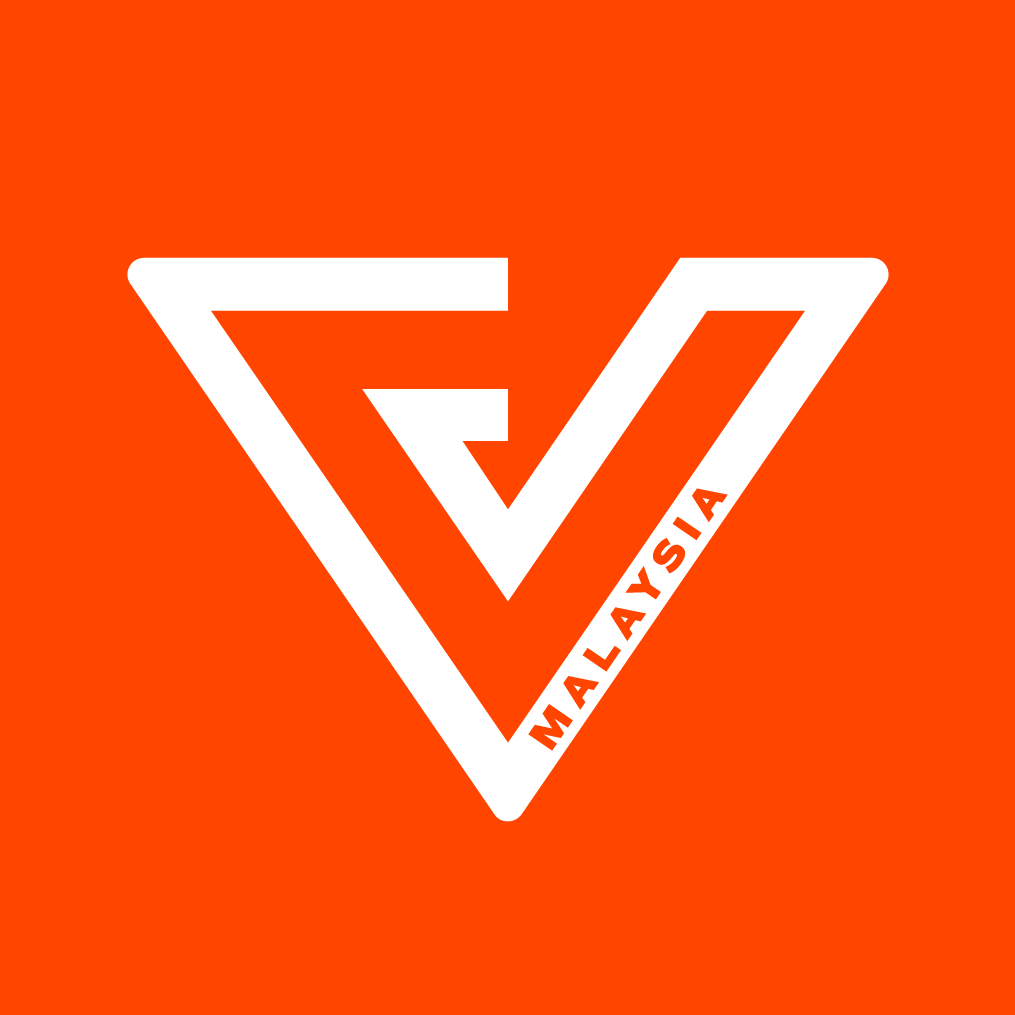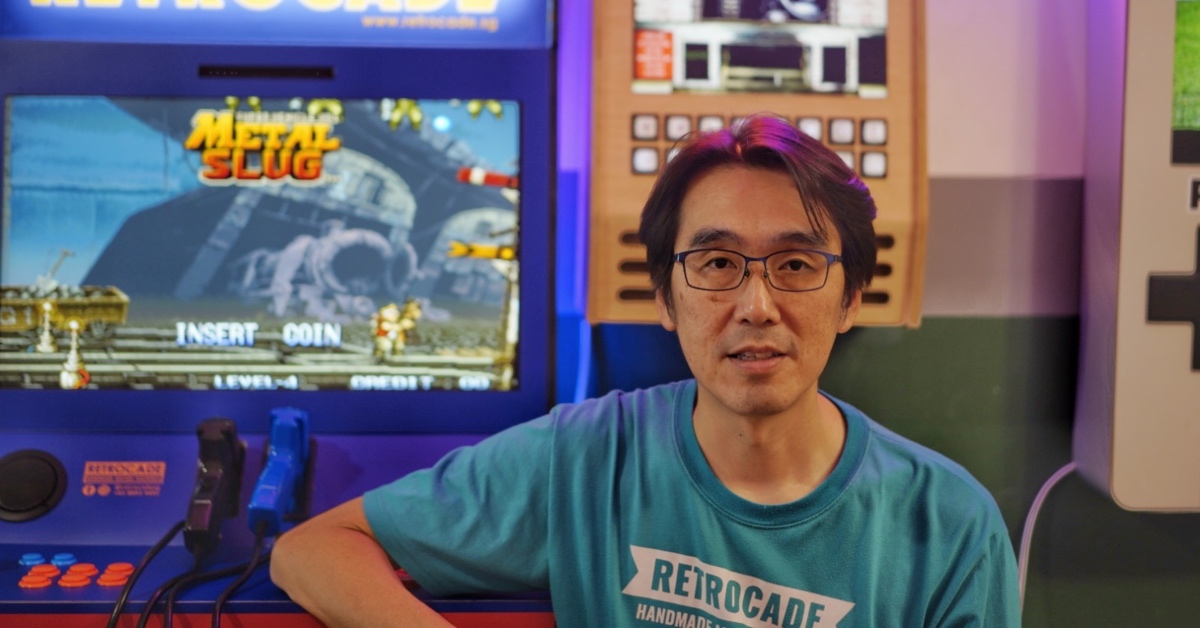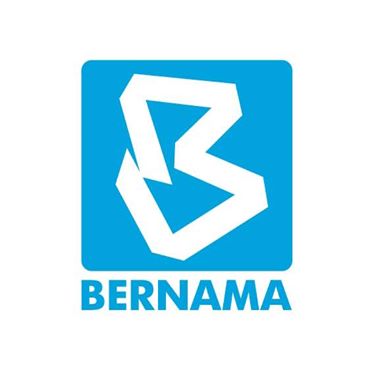This S'porean never intended to sell his arcade machines, now it’s become his side hustle
1 day ago
For Poh Keng Jin (KJ), nostalgia is more than a feeling—it is a craft.
Having spent plenty of his childhood days battling it out on Street Fighter at arcades, he sought to recreate those sentimental memories by building his own retro gaming machines.
KJ’s journey started when a friend introduced him to the Raspberry Pi, a credit-card-sized, budget-friendly computer that could be used to run retro games.
Since then, he has created a range of machines, including digital pinball tables, and turned his passion into a side hustle with RetroCade, offering workshops for Singaporeans eager to build their own retro machines.
Selling wasn’t his intentionInitially, KJ did not intend to sell the machines he had built. His first creation, a clunky prototype he constructed in late 2015, was more of a personal project than a product.
With a background in 3D design, KJ could easily visualise his creations and draw up the blueprints for his gaming machines, but the real challenge laid in mastering the electronics.
It wasn’t until a year later that KJ dismantled the first machine and built a “sleeker second version,” as he shared in an interview with AsiaOne.
In 2016, he brought his machine to several game conventions to showcase the game that he had developed for it. It was there that he realised he could turn his hobby into a side hustle, when attendees began asking if they were for sale.
Passing on his skillsAs KJ built more machines, he streamlined his designs to make them easier to construct.
He then realised that with the right kit and hands-on guidance, anyone could build their own game machines, leading him to start offering workshops through RetroCade.
KJ hosted his first workshop at Chye Seng Huat Hardware Coffee Bar, promoting it through flyers at the café and posts on various social media platforms.
Sign-ups filled up quickly, but as the workshop was held in an external location, he had to take extra care to conduct thorough checks, ensuring no arcade machine parts were left behind.
KJ now hosts his workshops in a cosy two-storey HDB unit in Woodlands. Prices for different machines are as follows: S$500 for single-player machines, S$900 for two-player tabletop machines, and S$750 for jukeboxes.
Participants will receive all the necessary tools, including hand drills and screws, along with pre-cut wooden panels to assemble the gaming console.
They are also provided with an instruction booklet which offers step-by-step guidance on every aspect, including wiring the Raspberry Pi processor to physical controls like joysticks and buttons.
When asked about the initial costs of launching these workshops, KJ explained that it didn’t require a substantial upfront investment. When he first began, he didn’t purchase parts until someone placed an order.
“But as I got a more steady stream of workshops, I started to stock a few sets so that the lead time will not be so long,” he added.
Apart from retro arcade machine workshops, RetroCade also offers sessions where you can design your own neon signs. “The neon signs are something I have always wanted to have for myself,” he shared.
“You can see the pattern here—the things I made are actually what I wanted for myself.”
Just a fun side hustle for nowKJ’s retro machines have gained attention at local gaming conventions like GameStart, as well as international ones such as BitSummit and Gamescom.
He has even collaborated with Uniqlo for a Marvel-themed launch in 2019, placing custom-made machines at Orchard Central and VivoCity.
Despite seeing growth, KJ does not intend to turn RetroCade into a full-fledged business. He finds that the demand is not big enough for him to start doing it full time just yet, and enjoys the fact that he is doing it for fun.
With no concrete plans ahead, KJ aims to keep building retro machines and hosting workshops.
He shared that he is especially keen on conducting more school workshops, having already worked with primary schools, secondary schools, ITEs, and polytechnics.
For now though, KJ’s goal is to create at least one new retro design each year. “If one day the demand is strong enough, I may make it an actual business.”
Featured Image Credit: RetroCade
...Read the fullstory
It's better on the More. News app
✅ It’s fast
✅ It’s easy to use
✅ It’s free









